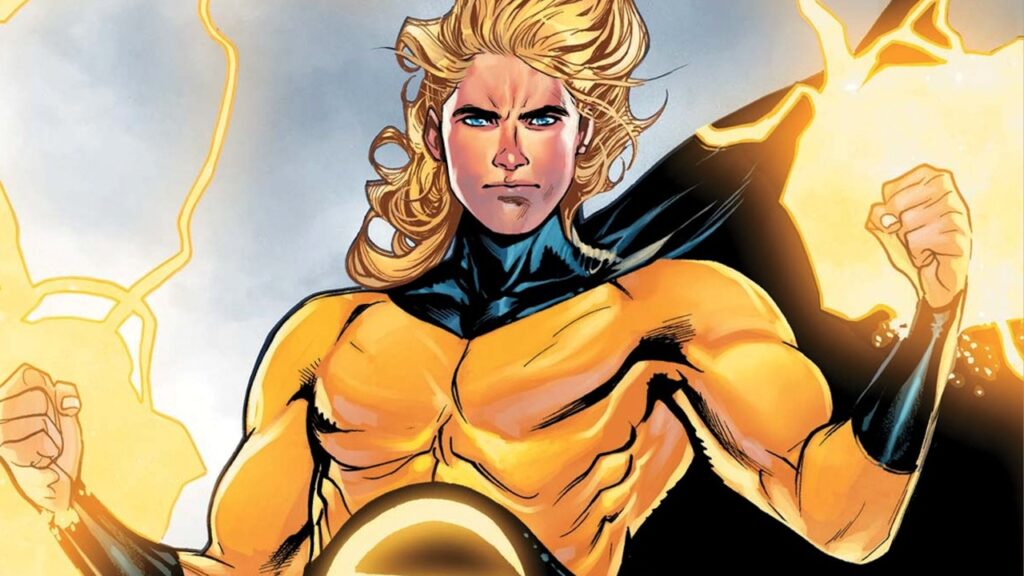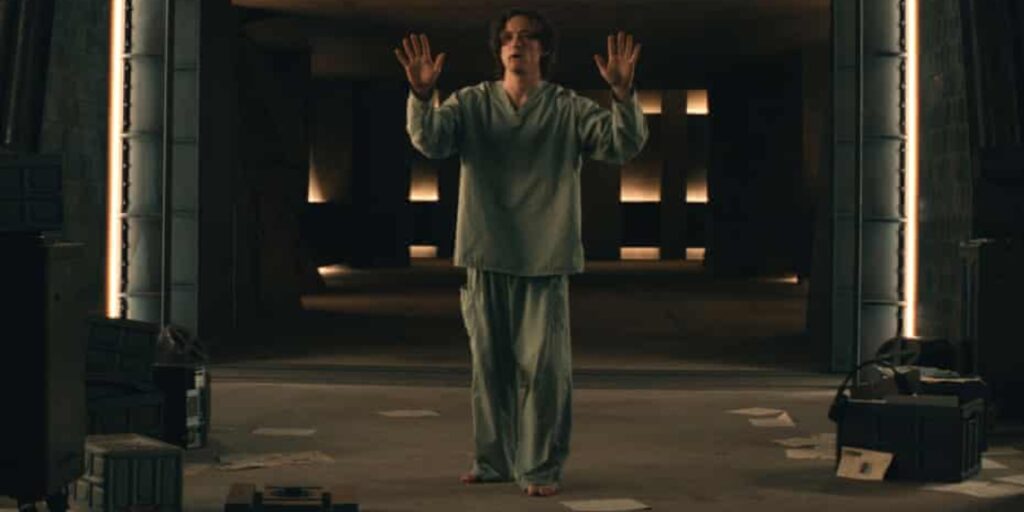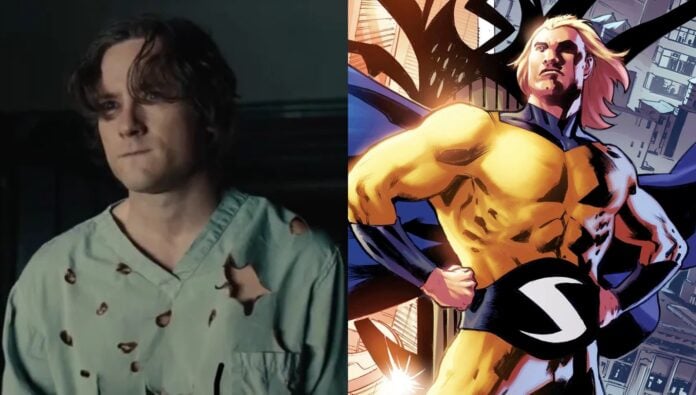The Marvel Cinematic Universe unveiled one of its most complex and unstable characters, Sentry, in ‘Thunderbolts*’. Fans were unsurprisingly ecstatic at the thought of a god-tier superhero with the power of a million exploding suns stepping into live-action.
However, while the character’s future seems brighter than ever, his past is still clouded by controversy. Moreover, Sentry’s co-creator Rick Veitch isn’t staying silent about being sidelined.
Sentry Co-Creator Paul Jenkins On Rick Veitch’s Influence On The Character

Rick Veitch, an acclaimed comic creator, has gone on record in a recent Popverse interview to express his deep frustration over being cut out of Sentry’s origin story. According to Veitch, the original concept for the Sentry was a collaboration between him and Paul Jenkins. The pair pitched the idea to Marvel together, but somewhere along the way, Veitch was quietly removed from the picture.
Related: ‘Thunderbolts*’ Trailer Hints At Sentry Being The Main Antagonist
Marvel opted to pair Jenkins with artist Jae Lee, and the rest is history. What makes Veitch’s exclusion sting even more is that Jenkins has admitted that Veitch did play a role in the character’s creation. Yet despite this acknowledgment, Marvel has not extended Veitch any official credit. The bitterness of that snub becomes even more potent now that the Sentry is making his way into the multi-billion-dollar MCU.
Veitch went on a tangent and called Marvel “the House of Stolen Ideas.” For anyone who has followed the comic book industry over the years, this statement resonates far beyond just one character. Veitch joins a long list of creatives who’ve had their work absorbed without due credit or compensation. So, for Veitch, this isn’t about bitterness; it’s about fairness, transparency, and the right to be remembered.
Is Sentry Too Much For The MCU Right Now?

As ‘Thunderbolts*’ introduced Sentry, the MCU is about to be rocked by perhaps its most unhinged, unpredictable character yet. In the comics, Sentry is not just powerful, he’s terrifying. A golden god with near-limitless power, he suffers from crushing anxiety, emotional instability, and a shadowy alter ego known as the Void. He is, quite literally, his own worst enemy. So why would Marvel choose now to debut a psychologically tormented powerhouse with the potential to destroy the world by accident?
In case you missed it: “Give Him A Couple Of Years”: Lewis Pullman Jokes About Sentry Vs. Superman
The boldness of this move is undeniable. Sentry is no safe bet. He’s not your friendly neighborhood anything. This is a man who once tore a symbiote god in half, but also regularly collapses under the weight of his own thoughts. His duality is part of what made him a fascinating addition to the comics. However, in cinema, where screen time is precious and narratives are tightly controlled, he’s a wildcard that could either save or ruin the MCU.
In ‘Thunderbolts*,’ Sentry starts out as Bob, a jittery, withdrawn figure caught up in a squad of reformed villains and government pawns. He’s not the confident, cape-wearing god fans might expect. And that’s intentional. Sentry’s strength lies in his instability. He embodies trauma, power, and regret in a way that very few heroes do. Think of him as Superman crossed with a ticking time bomb. But unlike other tragic heroes, his inner darkness (the Void) isn’t just symbolic. It’s real. And it wants to kill everything he loves.
It’s a bold gamble for Marvel, but possibly a necessary one. The studio needs a character who challenges its clean-cut formula. Sentry has the potential to do just that. However, it must be handled with care. Comic fans know how overwhelming he can become. In several storylines, he has matched even the most powerful superheroes.





